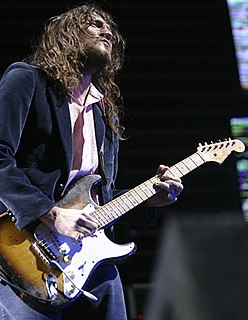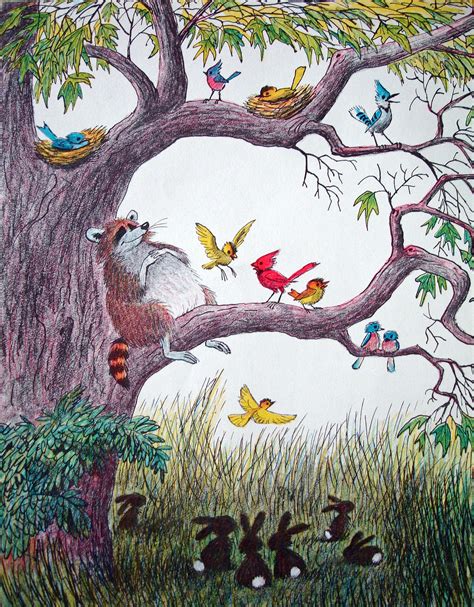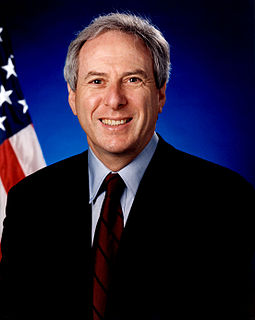A Quote by Kurt Vonnegut
I am eternally grateful for my knack of finding in great books, some of them very funny books, reason enough to feel honored to be alive, no matter what else might be going on.
Related Quotes
I am a product of endless books. My father bought all the books he read and never got rid of any of them. There were books in the study, books in the drawing room, books in the cloakroom, books (two deep) in the great bookcase on the landing, books in a bedroom, books piled as high as my shoulder in the cistern attic...In the seemingly endless rainy afternoons I took volume after volume from the shelves. I had always the same certainty of finding a book that was new to me as a man who walks into a field has of finding a new blade of grass.
I feel lucky that I read so many books as a kid because I know that no matter how much I appreciate a book now, and I can love a book very much, it's never going to be that childhood passion for a book. There's some element, something special about the way they're reading books and experiencing books that's finite.
I feel, holding books, accommodating their weight and breathing their dust, an abiding love. I trust them, in a way that I can't trust my computer, though I couldn't do without it. Books are matter. My books matter. What would I have done through these years without the library and all its lovely books?
What is a great love of books? It is something like a personal introduction to the great and good men of all past times. Books, it is true, are silent as you see them on their shelves; but, silent as they are, when I enter a library I feel as if almost the dead were present, and I know if I put questions to these books they will answer me with all the faithfulness and fulness which has been left in them by the great men who have left the books with us.
I am an author-illustrator of children's books - and yet - I must confess I don't do the books for the kids. When I'm working on a book I'm somewhere else - at the circus - or a rustic old farm - or deep in a forest - with no thought of who might read the book or what age group it would appeal to. I write them so I can illustrate them.
The current publishing scene is extremely good for the big, popular books. They sell them brilliantly, market them and all that. It is not good for the little books. And really valuable books have been allowed to go out of print. In the old days, the publishers knew that these difficult books, the books that appeal only to a minority, were very productive in the long run. Because they're probably the books that will be read in the next generation.
Books can be passed around. They can be shared. A lot of people like seeing them in their houses. They are memories. People who don't understand books don't understand this. They learn from TV shows about organizing that you should get rid of the books that you aren't reading, but everyone who loves books believes the opposite. People who love books keep them around, like photos, to remind them of a great experience and so they can revisit and say, "Wow, this is a really great book."



































